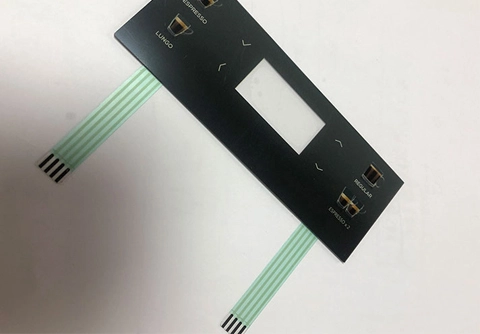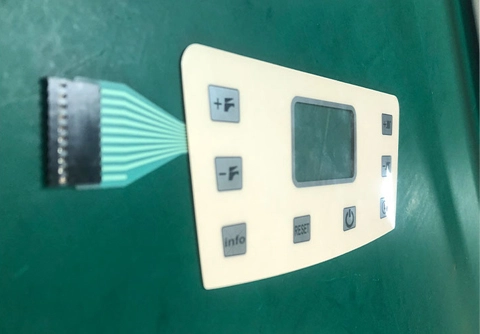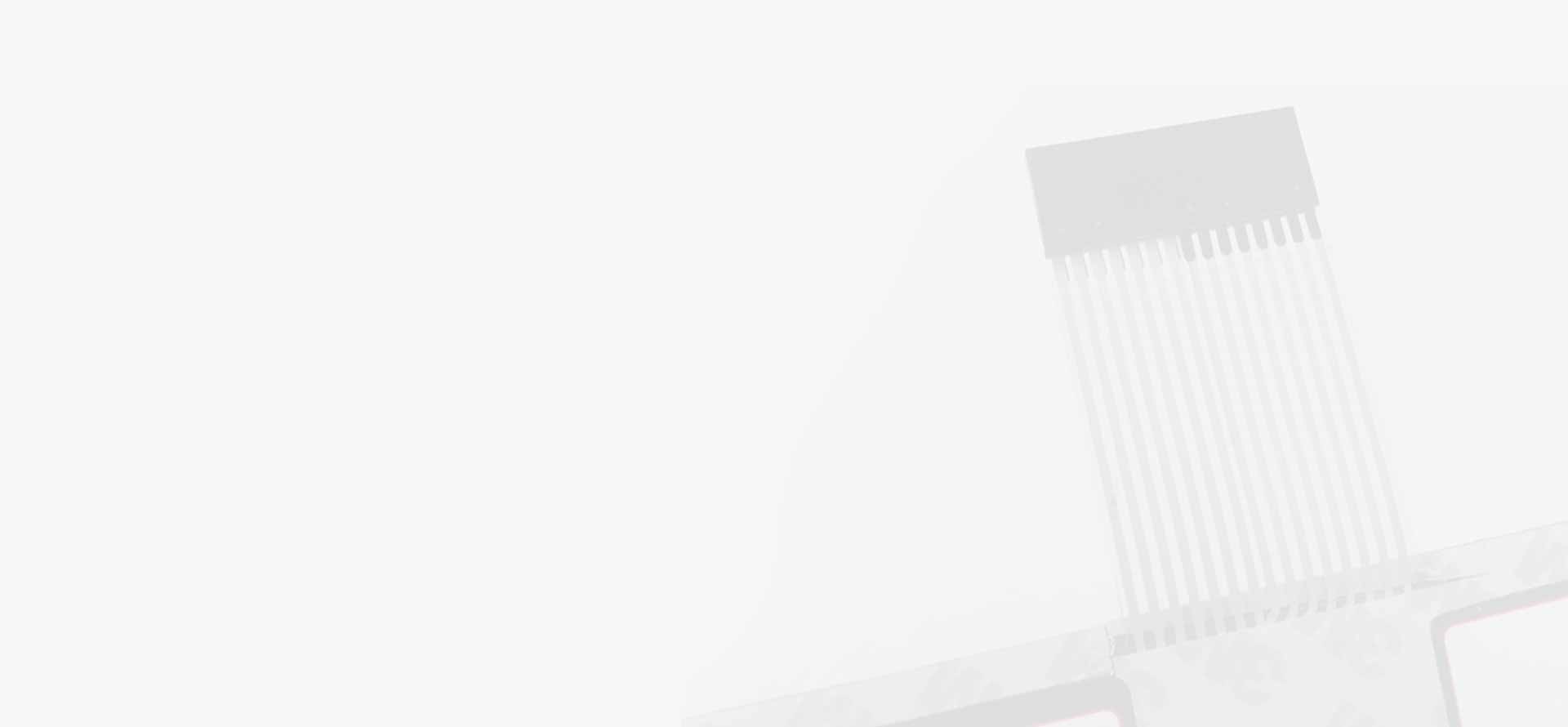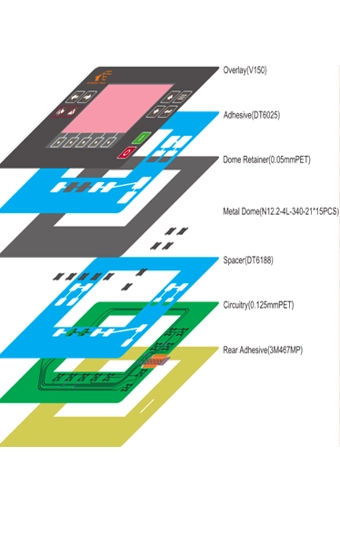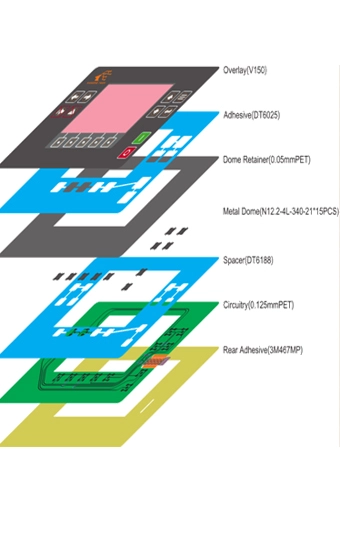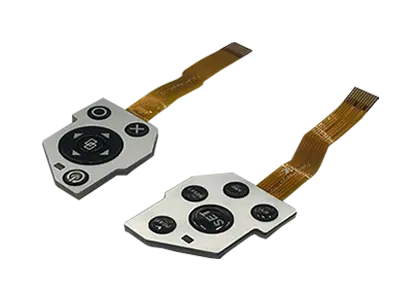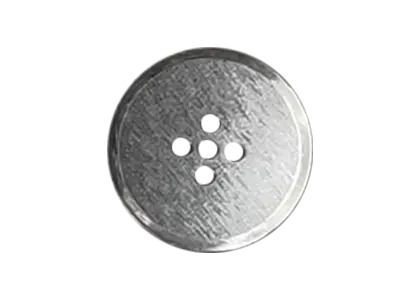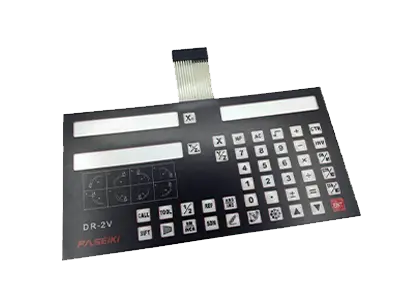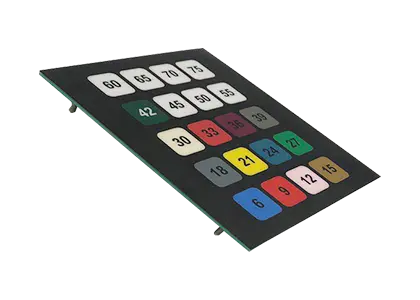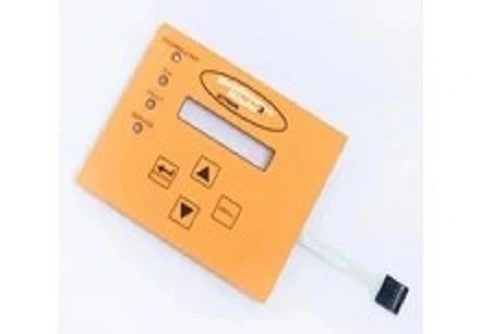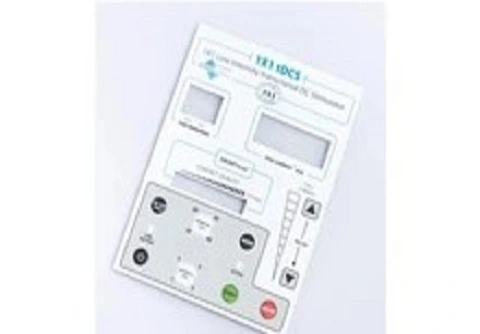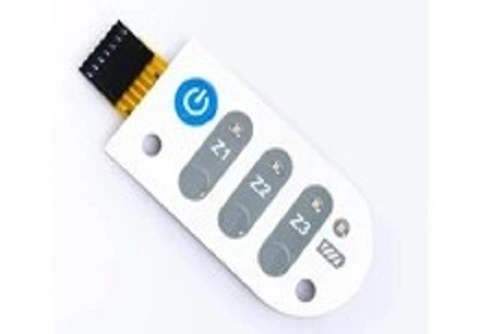Overlay-Polyester is usually the first choice for membrane switch panel materials because its life will be a little longer than Polycarbonate. If it is simply a panel instead of a membrane switch, Lexan and Polyester are also good choices. The overlay is the most intuitive form of the human-machine interface. Niceone-tech will screen print or digital print on the back of the material, and they can also be used in combination. Special requirements such as the mirror silver effect are also feasible.
 English
English français
français Deutsch
Deutsch Español
Español italiano
italiano português
português dansk
dansk Suomi
Suomi Polska
Polska Svenska
Svenska Nederland
Nederland
